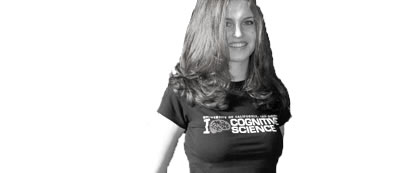Unity: The Cognitive Revolution Unifies

[Photo by CSSA at UCSD]
Thank Kihlstrom (2004), some clarity. I’ve just been reading his response to Henriques’ proposals for a unified psychology, and the man talks a lot of sense. Although he’s not totally dismissive of what Henriques’ has to say, he thinks that psychology has, in effect, already been unified, to the extent that it’s possible, by the cognitive revolution.
This is, however, being
threatened by ‘a centrifugal tendency’ that is causing psychology ‘to carve
itself up into new disciplines’. Current divisions are often for political
reasons, providing further support for the institutional/organisational
hypothesis, rather than because these researchers are necessarily working
outside psychology – although some of them are.
Essentially, though, Kihlstrom
(2004) argues that psychology is the science of mental life. Psychology, like
all other sciences, has connections out and crosses over, but this is its
unifying core. The message is acceptance. Yes, fields cross-over, some
psychologists connecting ‘down’ to biology, some ‘up’ to the social sciences.
That, he says, is the way things will always be as psychology moves out to form
new branches. The loose definition of psychology enables new research to have
huge scope.
Some funky quotes:
“…psychology is not just
something to do until the neurologist comes.”
And for those of you addicted
to neuroimaging studies:
“…physiology is a tool for
psychology, but it is not an obligation.”
About the author
Psychologist, Jeremy Dean, PhD
is the founder and author of PsyBlog. He holds a doctorate in psychology from
University College London and two other advanced degrees in psychology.
He has been writing about
scientific research on PsyBlog since 2004. He is also the author of the book
“Making Habits, Breaking Habits” (Da Capo, 2003) and several ebooks.
SOURCE: PSYBLOG
SOURCE: PSYBLOG
Comments
Post a Comment